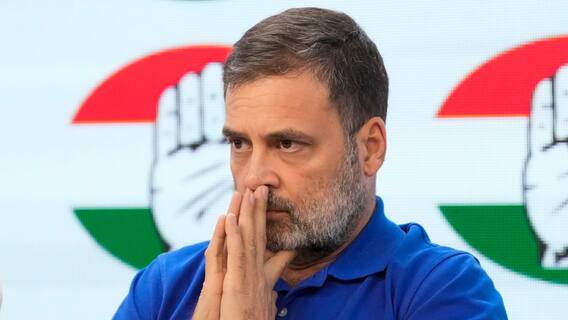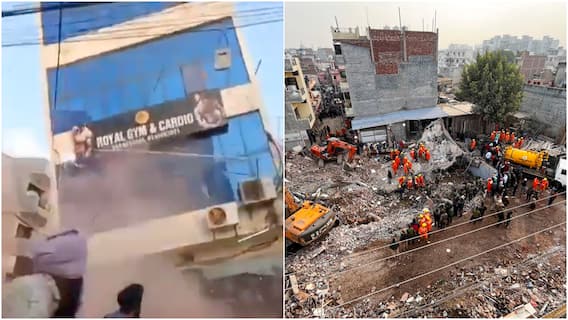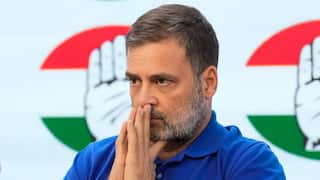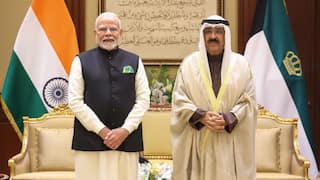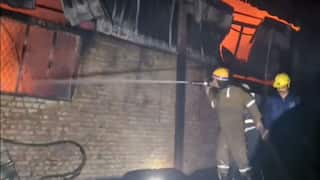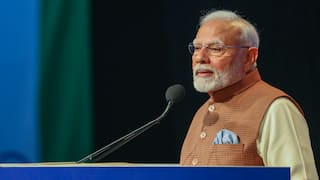New Delhi: China has appointed a new leadership for its Rocket Force, the army unit responsible for overseeing the nation's nuclear arsenal. This announcement came in the wake of media reports indicating a corruption investigation involving its former chief, reported news agency AFP.
State media Xinhua in a brief article reported that the navy's former deputy commander, Wang Houbin, has been promoted to the rank of general and named as the new commander of the People’s Liberation Army Rocket Force, according to AFP.
His predecessor, Li Yuchao, has not been seen in public for weeks and the Xinhua article gave no explanation for his removal.
Citing military sources, the South China Morning Post reported that the Central Military Commission’s anti-corruption unit is currently investigating the force’s former commander Li Yuchao, as well as his current and former deputies Zhang Zhenzhong and Liu Guangbin.
According to South China Morning Post, President Xi Jinping had last week urged the military to step up its efforts to tackle corruption along with its modernisation drive during a speech at an air force base in Sichuan ahead of the PLA’s anniversary on Tuesday.
“We need to push forward the party’s strict discipline and anti-corruption efforts to a deeper level,” Xi had said, South China Morning Post reported citing state broadcaster CCTV.
Xinhua's article on Monday also referred to Xu Xisheng as the Rocket Force's new political commissar. Xu had previously served with the Southern Theatre Command Air Force and was also promoted to general.
It did not mention when the two men had taken up their new roles. The lack of detailed information about such changes is not unusual in China.
The government had last week announced that it was replacing Qin Gang as foreign minister after he had not been seen in public for a month.
The Rocket Force is a relatively new unit of the People's Liberation Army. Its creation was announced in January 2016 after a major reshuffle of China's military structure.
It oversees China's arsenal of strategic missiles, both conventional and nuclear, and can both deter and strike, according to the government.





